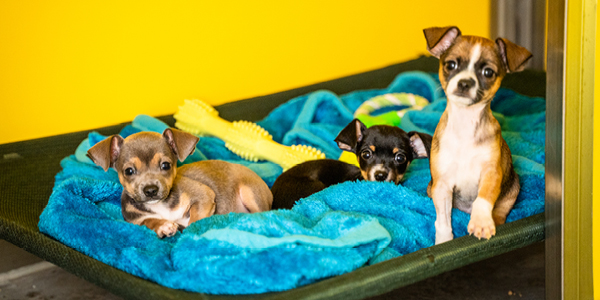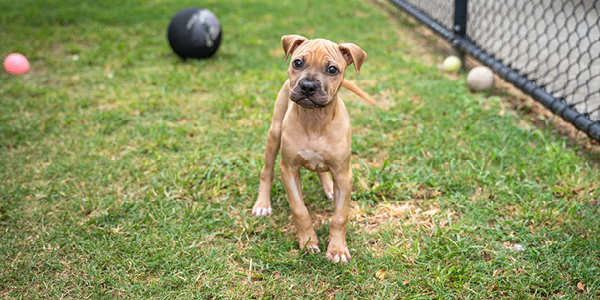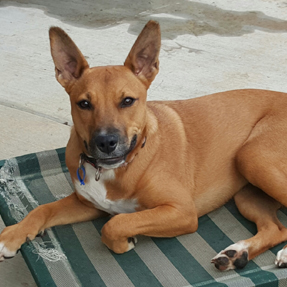RSPCA Queensland has seen a significant rise in cases of canine parvovirus, with the shelter seeing an alarming spike in infections over recent weeks.
The RSPCA Hospital in Brisbane recently had 12 dogs and puppies admitted into their care with suspected parvovirus from Woodridge and Inala.
The RSPCA veterinary team typically have over an 80% success rate of parvo case rehabilitation; however, the influx and severity of cases has resulted in just three dogs surviving, highlighting the severity and danger of this highly contagious virus along with the critical need for early intervention and prompt treatment to improve chances of recovery.
"Unfortunately, we are seeing a sharp rise in cases because many puppies haven’t been vaccinated or dogs are not up to date with their annual boosters. The virus can be fatal, and it's heartbreaking to see dogs suffering when this could have been prevented," says Dr Anne Chester, Chief Veterinary Officer at RSPCA Queensland.
Symptoms of Parvovirus
Parvovirus attacks the gastrointestinal system. Dog owners should look for:
- Lethargy: Unusual tiredness or lack of energy
- Loss of appetite: Sudden disinterest in food
- Severe or repeated vomiting: Persistent vomiting episodes
- Diarrhoea: Often accompanied by blood in the stool
The virus onset is rapid and dog owners should seek immediate veterinary assistance if they notice any of the above symptoms.
Parvovirus is extremely resilient and highly contagious - surviving for months in the environment, making it easy for dogs to contract it from infected surfaces, faeces, or other unvaccinated dogs.
"Vaccination is the most effective way to protect your dog from parvovirus," Dr Chester emphasises.
Puppies should begin their vaccinations at around six to eight weeks of age, with boosters administered as they grow. Adult dogs should also receive regular vaccinations to maintain immunity.
"We are relieved that three of the recent dogs that have come into our care have survived. Without timely intervention, most dogs affected by parvovirus do not make it. We urge all dog owners to act now and ensure their pets are fully vaccinated to avoid unnecessary suffering," says Dr Chester.
RSPCA Queensland is also encouraging the public to reach out if they suspect a dog may be suffering from parvovirus.
How to protect your dog:
- Ensure your dog is fully vaccinated, starting at six to eight weeks of age.
- Keep puppies away from public places and interacting with unvaccinated dogs until they are fully vaccinated.
- Regularly check your dog's vaccination status with your vet and ask them for advice on when to vaccinate based on your individual pet’s needs.










